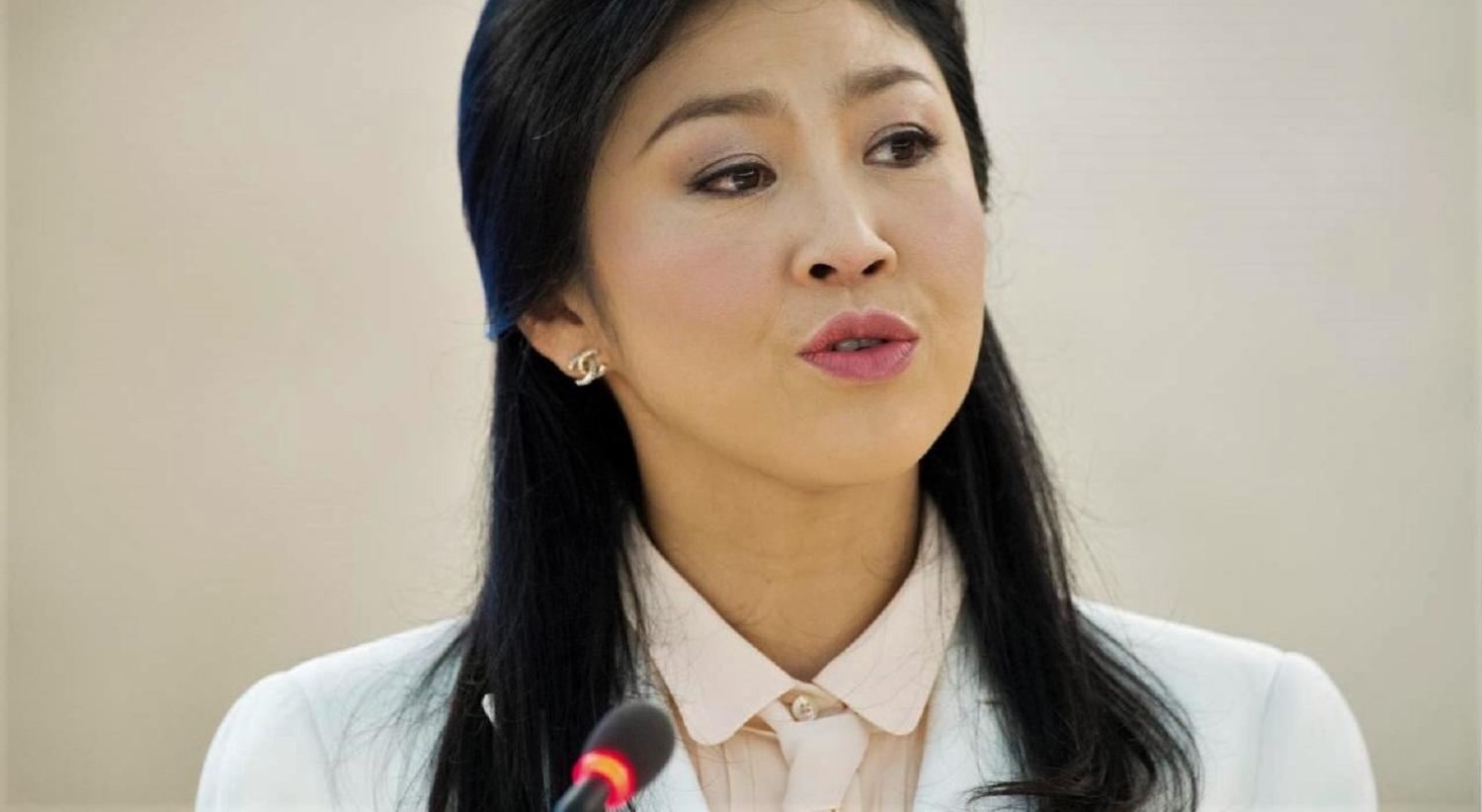Last month, Thailand’s military government sought the extradition of former prime minister Yingluck Shinawatra from the UK. A year ago, Yingluck had been due in court to face charges of dereliction of duty while in office. She failed to show. She was found guilty in absentia and handed a five-year jail term.
The extradition of Yingluck could bring about the chaos the junta have so long claimed they wish to contain.
The junta could have issued the request for Yingluck’s extradition at the beginning of the year, when images of her emerged in London. Or it could have acted in the months following, when more photos emerged of her smiling with her exiled brother and former prime minister, Thaksin Shinawatra. It didn’t. That it has done so now augurs poorly for the 2019 elections.
The military is gearing up for its most credible attempt at holding elections yet. Every year since seizing power in 2014, the junta has promised elections, and every year the elections have been pushed back. Against this backdrop, having now announced elections and welcomed party registration, the timing of the Yingluck extradition request is odd. Is the military trying to provoke unrest that could again act as a pretext to postpone elections? If not, then why did they wait so long to request her extradition?
The extradition request will rile Yingluck’s supporters. The United Front for Democracy against Dictatorship (UDD), which was active during the protests that led to the coup and has been vocal during her trial, is often reactive to the military’s provocations – even when they run against its interests. The UDD’s and others’ responses could reignite tensions and give cause, however weak, for the military to again postpone elections.
What the UK does now will be telling. The UK would not only be loath to hand Yingluck over, but also lacks the information to do so. But it may ask her quietly to move on from her home in West London. The military will remain in the driver’s seat in Thailand for some time – regardless of the outcome of the elections, assuming the junta allows them to occur – thanks to the military-drafted constitution that upholds its position.
The UK is conscious that good relations with the military will be important for the foreseeable future. Much of Thailand’s relations with the West were put on ice after the coup in 2014. Last year, London doubled down on improved relations and established a new joint military exercise, Panther Gold 2017. But while improved relations may have helped usher in an election date, they appear unable to shape the environment for free and fair elections. In May, the junta’s Election Commission warned that Yingluck’s Pheu Thai party could be dissolved if its members continue to allow the Shinawatras to influence the party.
Those warnings are more eerie today given recent events in neighbouring Cambodia. There, Hun Sen showed that dissolving opposition political parties can get results. What he called the “slight correction on democracy” won him all the seats in parliament. But if the Thai junta is genuine about holding elections, it would be a mistake to go down a path that could see the most popular party banned.
In June, a Suan Dusit poll in Thailand found that Pheu Thai still captured the most interest among the surveyed public. Respondents were asked to name their top five political parties: Pheu Thai received 55% of votes, the exciting new party Future Forward 34%, Democrat 34%, Palang Pracharat 18%, and Bhumjaithai 13%. Interestingly, the poll also found that the most respondents placed greater emphasis on the individual candidates (37%) than on parties themselves (22%), and 42% placed equal importance on both. That poll suggests that the Pheu Thai figureheads, Yingluck and Thaksin Shinawatra, remain crucial parts of that party’s success.
The extradition of Yingluck could bring about the chaos the junta have so long claimed they wish to contain. A return of unrest, some in the junta may assume, could enable it to remain in power. That view, however, undersells the desire for change in Thailand and the increasing movement towards a new and democratic chapter for the country, including for new parties such as Future Forward.
Yingluck’s extradition would be deeply destabilising for Thailand and would set back prospects of a democratic renewal.

